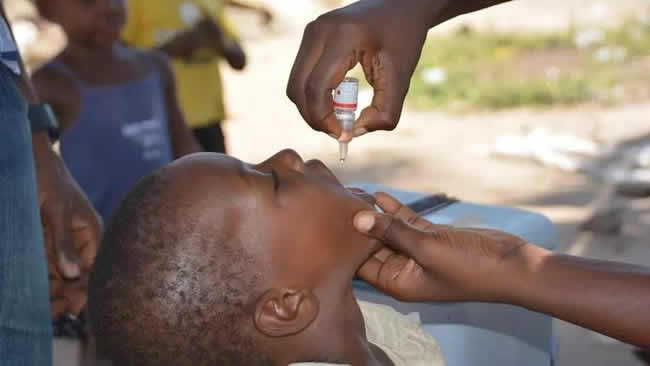
Ghana has become the first country to approve a new malaria vaccine described as a “world changer” by scientists who developed it at the University of Oxford.
The mosquito-spread parasitic disease kills more than 600,000 people every year. The majority are children in sub-Saharan Africa.
A statement issued Wednesday by Oxford University says its new malaria vaccine called R21 has secured regulatory approval by Ghanaian officials for use in the age group at highest risk of death from malaria — children age 5-to-36 months.
Malaria is an endemic disease in Ghana. The West African country’s health service says it accounts for 38% of all outpatients, with the most vulnerable groups being children younger than 5 years old.
“We have tested a lot of vaccines — and to be here now, to have a vaccine that is being approved first for use in Ghana — is fantastic. It is what we’ve all been working hard towards,” said Dr. Katie Ewer, head of malaria immunology and professor of vaccine immunology at the Jenner Institute at the University of Oxford.
Ewer said R21 has higher efficacy — about 75% in the data from the phase two trial. “We think perhaps the durability of the response has been better as well,” she said.
Some hesitant to accept vaccine
Ghana was one of three African countries in 2019 to have piloted the first malaria vaccine, known as RTS,S. But public acceptance of the vaccine, according to health officials, was somewhat below target due to hesitancy among parents linked to a fear of the unknown.
Ewer says having more malaria vaccines on the market helps parents make a better choice.
“It’s good news that we’ve now got a second malaria vaccine approved,” said Ewer. “And so, people can trust that these vaccines are safe to use. And I hope that people trust the vaccine and will take it up and see for themselves the effect it has.”
The World Health Organization says a child dies every minute from malaria in Africa, where it is estimated that nine out of 10 malaria deaths occur. It is hoped that the new vaccine will help Ghanaian and African children combat malaria.
Vaccine reduces risk
Dr. Nana Yaw Peprah, the head of the National Malaria Control Program in Ghana, told VOA that the Oxford vaccine is coming at the right time.
“The vaccine has a role in the elimination agenda because it reduces the risk of people having the disease and also its severe form,” said Peprah. “The vaccines are for children. If you allow your child to be given this vaccine, the risk of this child, who is actually in the vulnerable group and the risk of getting malaria, really reduces.”
Nearly half of the world’s population is at risk of malaria. In 2020, an estimated 241 million people in 85 countries contracted malaria. That same year, the WHO says the disease claimed approximately 627,000 lives.
Source: voanews.com























